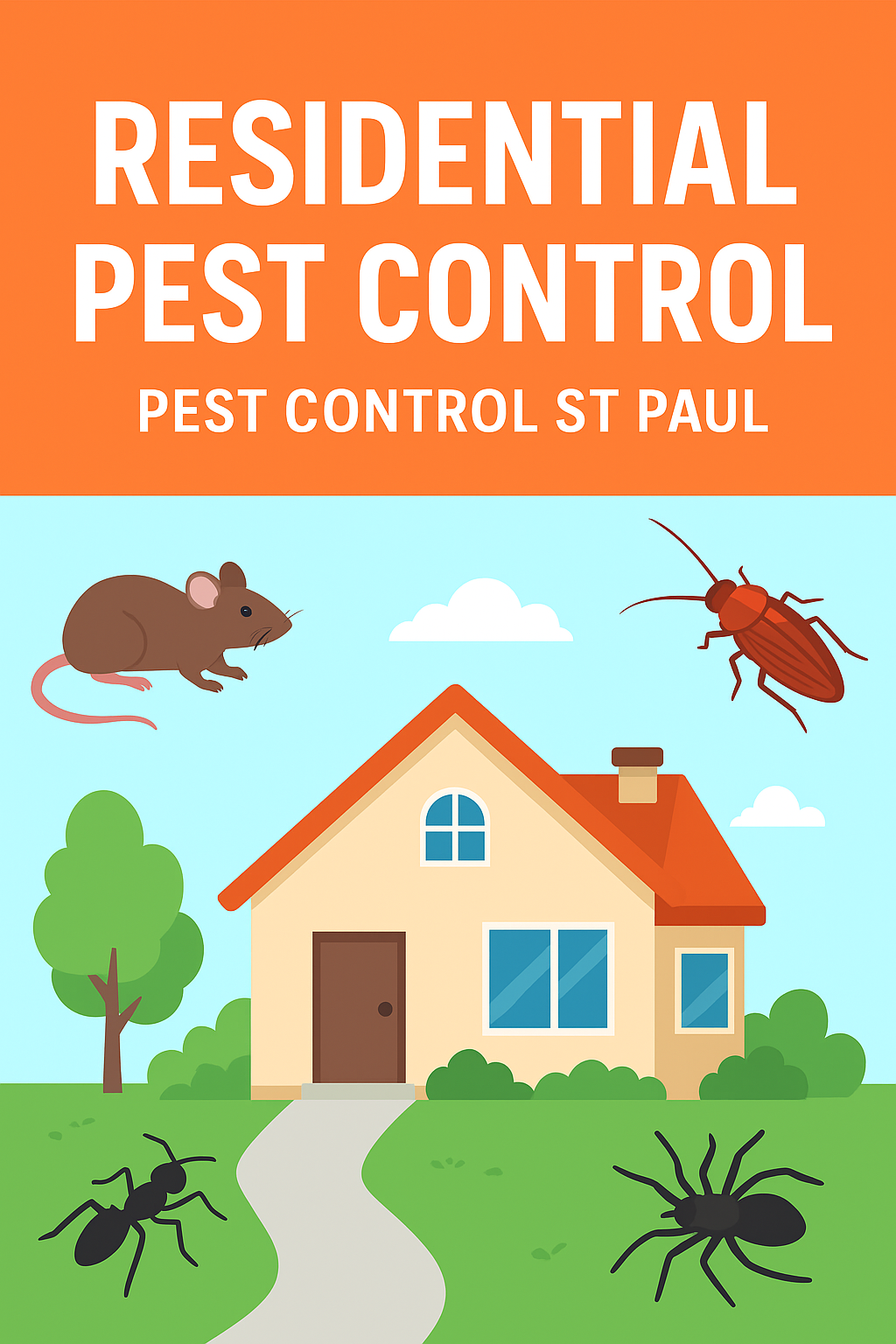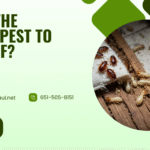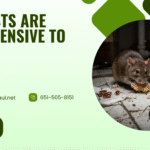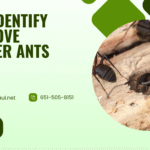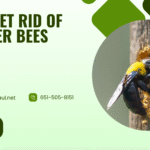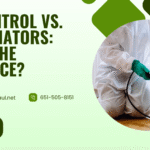Keeping your home safe, clean, and comfortable is essential for every homeowner. One of the most effective ways to maintain a healthy living environment is through professional residential pest control. At Pest Control St Paul, we understand that pests are not just a nuisance. They can cause health risks, damage property, and disrupt your daily life. Our goal is to provide safe, effective, and long-lasting pest control solutions tailored to your home.
In this article, we will explain what residential pest control is, why it is important, the methods used, and how homeowners can prevent infestations.
What is Residential Pest Control?
Residential pest control involves managing and preventing household pests such as insects, rodents, and birds. Unlike commercial pest control, which focuses on businesses and large facilities, residential pest control is designed specifically for homes.
The goal is to protect human health, prevent property damage, and create a comfortable living environment. Professionals often use a comprehensive approach called Integrated Pest Management (IPM), which includes inspection, prevention, treatment, and ongoing monitoring to ensure pests do not return.
Why Residential Pest Control is Important
Pests are more than just an inconvenience. They can cause serious problems if left unchecked.
- Health Risks: Many pests carry diseases that can affect humans and pets. For example, rodents can spread hantavirus and salmonella, while mosquitoes can carry West Nile virus.
- Property Damage: Termites, rodents, and carpenter ants can cause extensive damage to wooden structures, wiring, and insulation.
- Stress Reduction: Living with pests can create anxiety and discomfort. Professional pest control helps you maintain a safe and worry-free home.
Investing in professional residential pest control is not just about removing pests. It is about creating a safer and healthier environment for your family.
Key Components of Residential Pest Control
1. Inspection
A thorough inspection is the first step in effective pest control. Experts visit your home to identify the type of pests, locate the source of the infestation, and find entry points. Inspections help create a tailored plan that addresses the specific needs of your home.
2. Prevention
Prevention focuses on removing conditions that attract pests. This can include storing food in sealed containers, cleaning crumbs and spills promptly, and removing standing water around your property. Professionals also install barriers and other preventive measures to reduce the risk of future infestations.
3. Hygiene and Housekeeping
Maintaining a clean home is one of the simplest and most effective ways to control pests. This includes regular vacuuming, cleaning countertops, washing dishes promptly, and managing trash. A clean home limits the food and water sources that pests rely on.
4. Exclusion
Exclusion involves sealing cracks, holes, and gaps in walls, foundations, doors, and windows. Preventing pests from entering your home is an essential step in long-term pest management. Professionals may also use screens, weather stripping, and door sweeps to block entry points.
5. Environmental Control
Environmental control addresses conditions that make your home attractive to pests. This includes fixing leaks, draining standing water, trimming overgrown vegetation, and reducing clutter. By controlling the environment, pests are less likely to thrive inside your home.
6. Treatment Methods
If pests are already present, targeted treatments are necessary to eliminate them. Common methods include:
- Chemical Treatments: Insecticides, rodenticides, and baits are applied safely to remove pests when other methods are insufficient.
- Physical or Mechanical Methods: Traps, barriers, and fly swatters are used to capture or block pests.
- Biological Methods: Using natural predators, parasites, or bacteria to control pest populations safely.
Professionals at Pest Control St Paul carefully select the most appropriate method based on the type of pest, the severity of infestation, and the safety of your family and pets.
7. Monitoring and Follow-Up
After treatment, ongoing monitoring ensures pests do not return. Professionals may schedule follow-up visits, reapply treatments if needed, and provide advice on maintenance and preventive measures. This ensures long-term protection for your home.
Common Household Pests
Some of the most common pests found in residential settings include:
- Ants: Often found in kitchens and pantries searching for food.
- Cockroaches: Thrive in warm, moist areas such as kitchens and bathrooms.
- Rodents: Mice and rats can chew wiring and spread diseases.
- Termites: Cause structural damage to wood and furniture.
- Mosquitoes: Can transmit diseases and breed in standing water.
- Spiders: Some species can be dangerous and are often found in basements or attics.
Professional pest control is tailored to each type of pest to ensure effective removal and prevention.
Why Choose Pest Control St Paul
Choosing a reliable and professional pest control company is critical. Pest Control St Paul offers:
- Experienced and trained technicians
- Safe, family-friendly pest control solutions
- Customized treatment plans for your home
- Long-term monitoring and preventive strategies
- Fast response times and guaranteed results
We combine industry expertise with advanced techniques to provide effective residential pest control services for homeowners in St. Paul.
FAQs About Residential Pest Control
- How often should I schedule pest control for my home?
Most homeowners schedule treatments quarterly or as needed. The frequency depends on the type of pests and the risk level in your area. - Are pest control treatments safe for my family and pets?
Yes. Professionals use approved products and follow safety guidelines to ensure the safety of everyone in the home. - Can pests return after treatment?
Without preventive measures, pests can come back. Ongoing monitoring and maintenance help keep your home pest-free. - How quickly will I see results after treatment?
Some pests are eliminated immediately. Others may take a few treatments for full control. Professionals monitor progress closely. - Do I need to prepare my home before pest control?
Yes. Cleaning, removing clutter, and storing food safely help the treatment work effectively and prevent re-infestation.
Conclusion
Residential pest control is essential for protecting your home, health, and peace of mind. From inspection and prevention to treatment and follow-up, a comprehensive approach ensures long-lasting results. With professional services from Pest Control St Paul, homeowners can enjoy a safe, comfortable, and pest-free living environment.
Investing in residential pest control is not just about removing pests. It is about creating a home where your family can live comfortably without worry. Contact Pest Control St Paul today to schedule an inspection and protect your home from unwanted pests.

